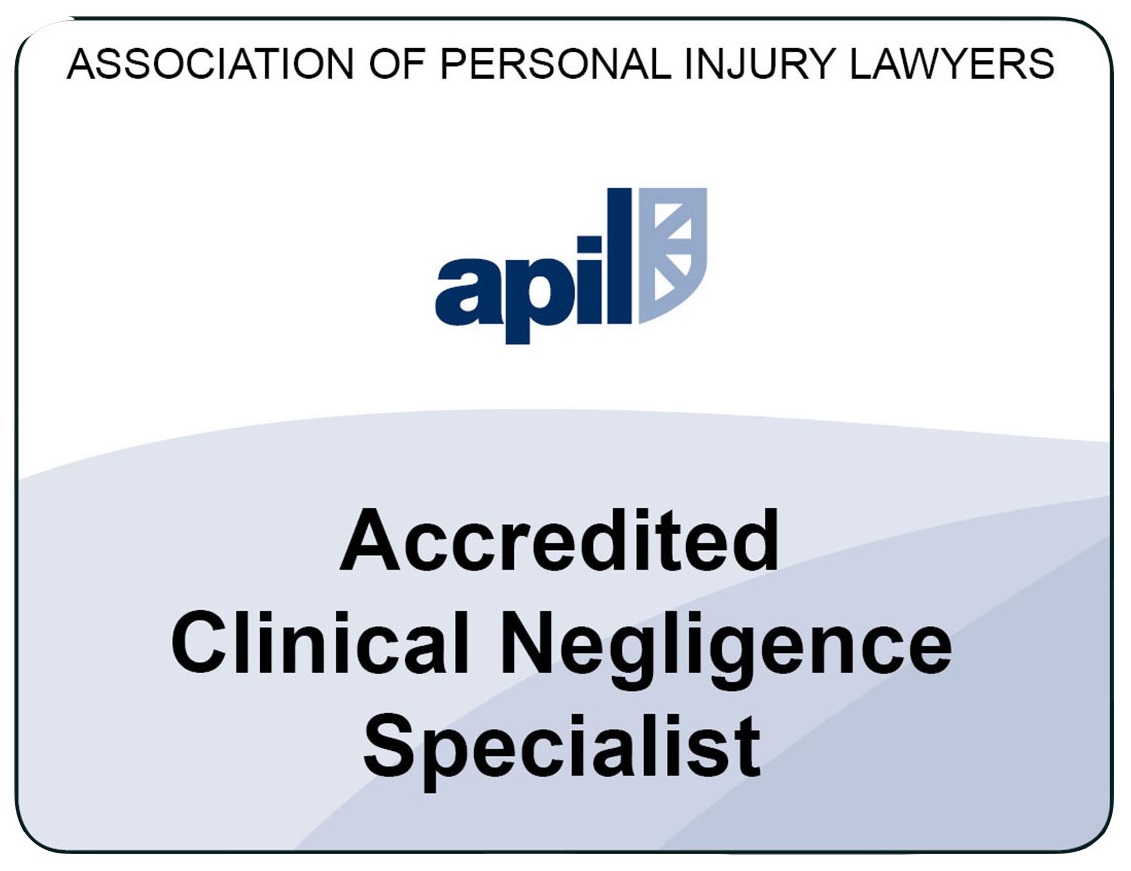Medical consent compensation claims
You might have a compensation claim if you didn’t consent to medical treatment, or the risks and benefits of treatment weren’t properly explained to you beforehand.

Medical consent negligence claims
Patients should be involved in decisions relating to their treatment and to be able to make an informed choice about their treatment so that they can give ‘informed consent’.
Doctors must tell a patient what their diagnosis is, what the prognosis is without treatment, and discuss with the patient the nature, purpose, consequences and risks not just of the treatment they are recommending, but also other treatment options.
If you feel that your doctor did not properly explain things to you, that you did not make an informed choice when consenting to treatment and something went wrong, you don’t have to keep quiet about it. We have solicitors who specialise in claims where the patient has not provided informed consent and they can help you find a way forward.
Please note, in certain emergency situations, informed consent may not be required. We can advise you as to whether your situation would be covered by this.
No win, no fee
We work on a no win, no fee basis, so there’s no need to worry about costs. Plus, our specialist solicitors provide an initial free assessment of your claim.
Examples of medical consent negligence claims
The law of informed consent applies to every area of medicine. There are, however, some areas where cases are more commonly seen:
- obstetric cases, in particular involving discussions about the mode of delivery (C-section versus vaginal delivery)
- spinal surgery
- hernia mesh repair surgery
Often these cases are brought on the basis that the specific complication that occurred was not discussed or was under-stated or that other treatment options were not discussed or offered.
NHS Resolution identified that between 2012 and 2017 there were 1,223 claims associated with a failure of informed consent and that the number of consent cases was increasing year on year. By speciality, Orthopaedic Surgery, Gynaecology, General Surgery and Obstetric were identified to be most associated with claims arising from a failure of informed consent.
How a compensation claim can help
Every case is unique, but the impact of a medical error can be emotionally and physically devastating. A compensation claim can provide security and stability for the future, particularly where there are lasting needs. It could, for example, pay for professional carers, medical treatment, therapies and specialist equipment.
We’re here to help
Come in for a free, confidential, no obligation chat, or fill out our enquiry form and we will let you know how we can help. We can also visit you at home if you wish.
Our medical negligence lawyers are based in:
- Cambridgeshire: Cambridge
- Essex: Brentwood, Chelmsford and Saffron Walden
- Hertfordshire: Bishop's Stortford and Royston
But we can help you wherever you are in England and Wales.
Medical consent claims FAQs
Any medical provider must, by law, give you information that’s relevant to your proposed treatment or medical procedure as well as any other treatment options. This is so that you can give ‘informed consent’ and make a decision for yourself whether you want to proceed, based on all the facts.
You should be told:
- The diagnosis
- The prognosis if the condition is untreated
- The options for treatment, including:
- the nature of the treatment (what is involved);
- the risks that you are likely to consider significant of each option; and
- the benefits of each option, including how likely it is that each will be successful
In addition, the doctor must answer any questions which you ask.







